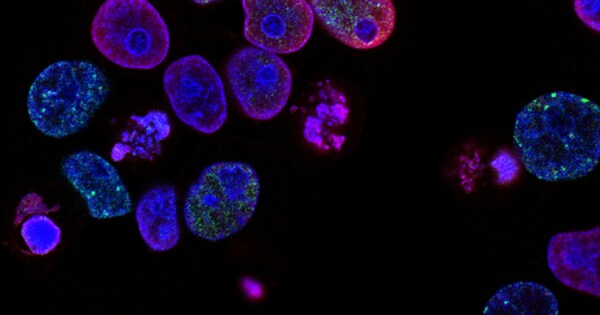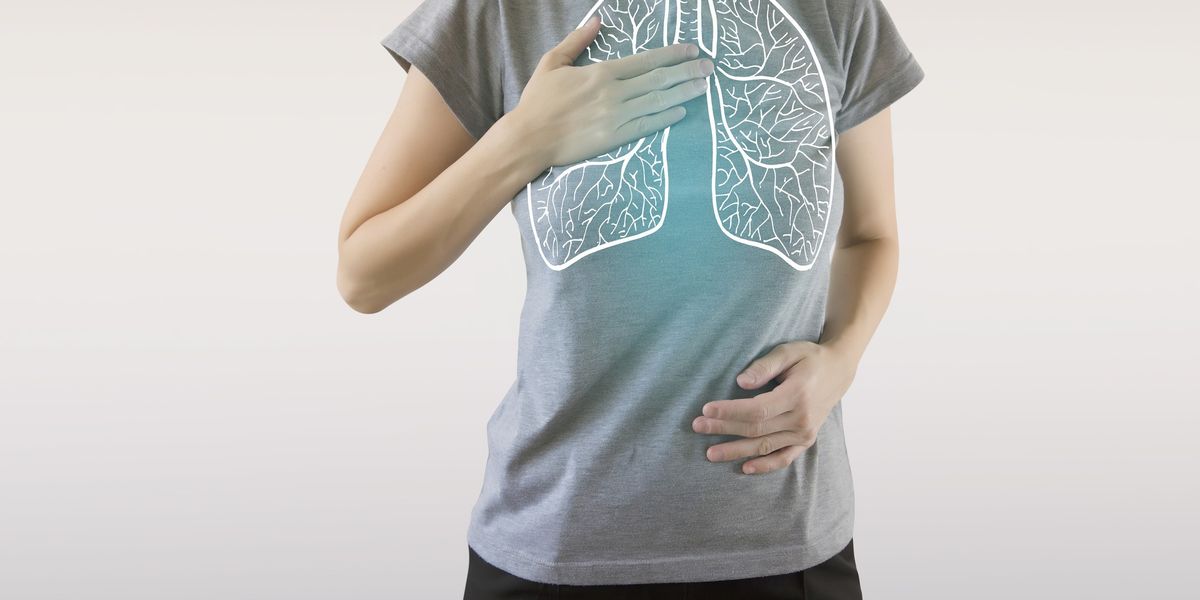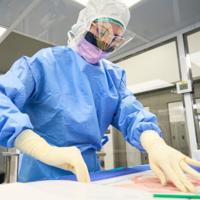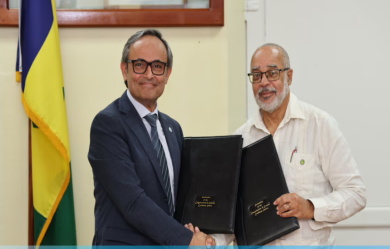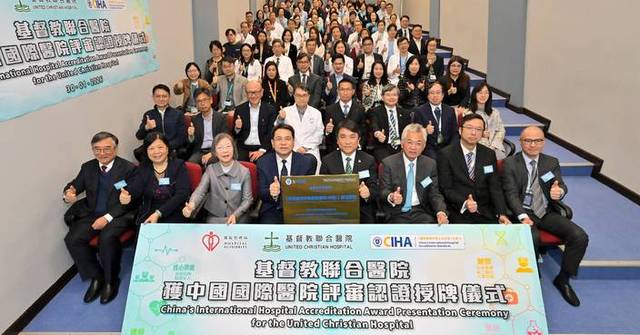Better respiratory health for Indigenous communities – Pathways
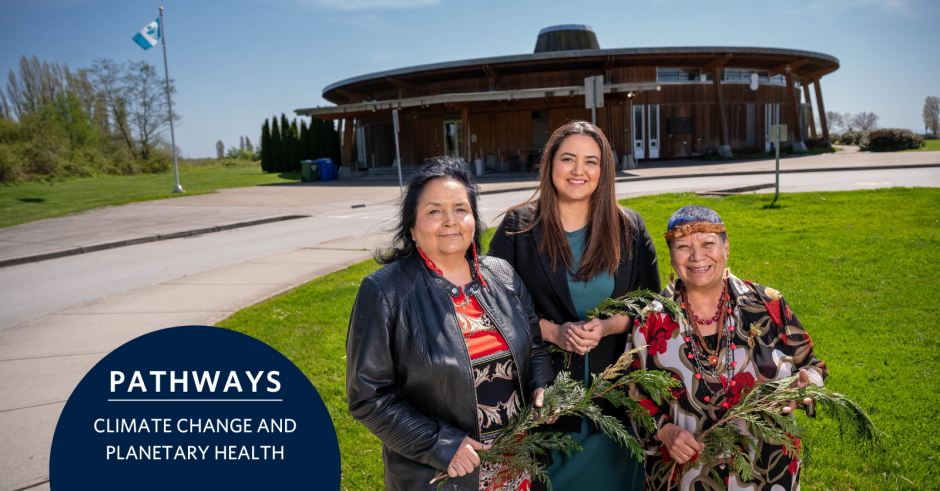
Indigenous peoples in British Columbia experience higher rates of respiratory illness than any other group, and are three times more likely to be hospitalized as a result.
Dr. Brittany Bingham, a UBC assistant professor of social medicine and the director of Indigenous Health Research at Vancouver Coastal Health (VCH), is determined to understand why.
“We think this is due in part to gaps in health services, care and prevention — including access to culturally safe care,” she says.
“Our concern is that many Indigenous people with respiratory diseases lack access to potentially lifesaving treatments and supports. But the problem is that there isn’t a lot of good research on this.”
Climate change is making the problem even more urgent. Environmental hazards such as wildfire smoke and traffic pollution are linked to higher incidences of diseases like asthma and chronic obstructive pulmonary disease (COPD) — and worse health outcomes.
“To grasp the problem, we need to understand people’s lived experiences. That means working closely with elders and community members at every stage.”
– Dr. Brittany Bingham
As a member of the shíshálh First Nation and the leader of a joint UBC-VCH research project focused on the issue, Dr. Bingham is well-versed in the health impacts of respiratory diseases on Indigenous communities in B.C. — and she is well-positioned to make a difference.
“We’re the first Indigenous research team embedded in a healthcare system in the province that is doing community-based research with the express goal of identifying gaps and improving services,” she explains.
Taking a two-eyed seeing approach — one that brings together Indigenous and Western perspectives and ways of knowing, with an emphasis here on the former — the project team is working with affected communities in the VCH region to identify existing healthcare gaps and highlight priorities for further research and action.
To do this, the team is conducting in-person and virtual talking circles with community members. Dr. Elder Roberta Price, of the Coast Salish Snuneymuxw and Cowichan Nations, and Musqueam Elder Doris Fox lead the circles, creating a culturally safe space for participants to share and reflect on the experience of living with a respiratory disease and engaging with the healthcare system as an Indigenous patient.
“To really grasp the problem, we need to understand people’s lived experiences. That means working closely with elders and community members at every stage,” Dr. Bingham says.
The research project is unique in that it explores the experiences of Indigenous people with respiratory disease who live in urban and rural settings. The study results will allow researchers and policymakers to glean valuable insights on the needs of both populations, and how they might differ. This, in turn, will inform future research and action.
“It’s important to recognize that there’s not one sole Indigenous voice, but unique experiences and perspectives within and between communities,” Dr. Bingham says.
“Our goal is to develop recommendations from these diverse voices that will be relevant to communities across the VCH region — and ultimately lead to better respiratory health and healthcare for Indigenous peoples across B.C.”
link

